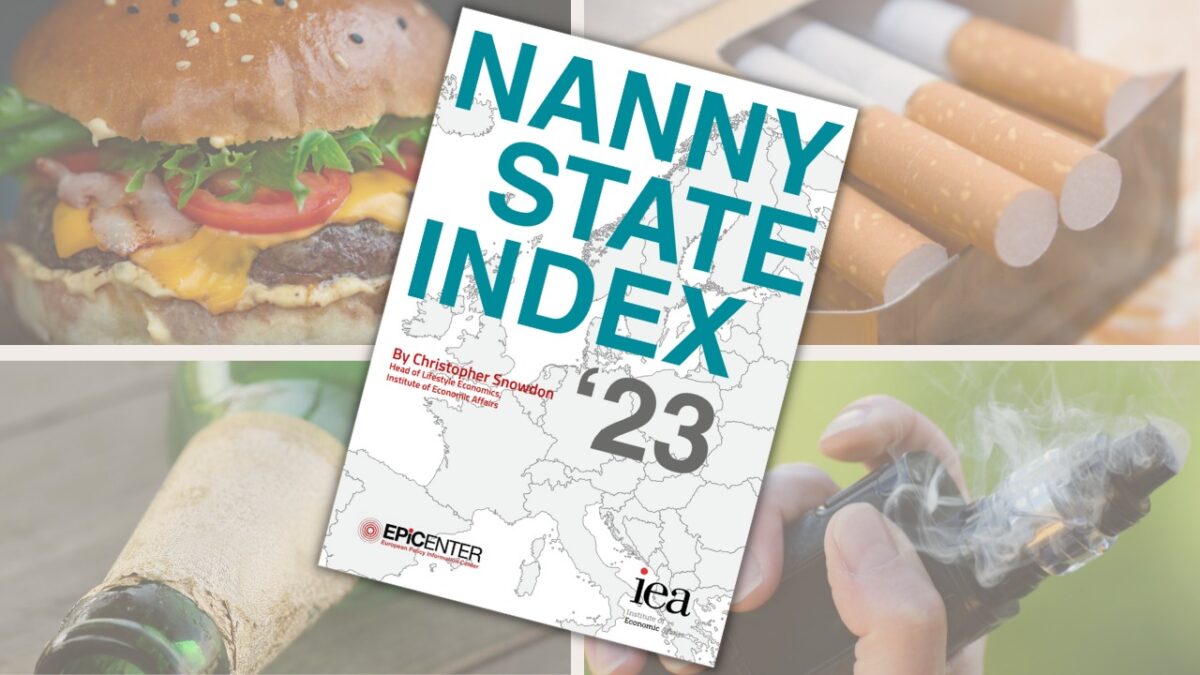Pressing Matters: A summary of two papers on payments from platforms to publishers
SUGGESTED



- Technological development in recent decades has created serious challenges for the newspaper trade.
- It has been claimed that some of the difficulty they face arises from exploiting market power by certain online platforms that allow users to post snippets of news from traditional publications without payment.
- It has therefore been proposed that regulations be created which would have the effect of requiring such payment.
- However, the best evidence contradicts the view that such market power exists. In fact, although the platforms certainly benefit from carrying the news snippets, the traditional publishers also benefit substantially and there is no good reason for additional payments to be made.
- Mechanisms requiring such payments run a severe risk of disturbing the technological development and innovation process in the industry to the long-term harm of consumer interests.
- In any case, abuses or market power, if they occur, should be dealt with by established competition law. The practice of designing custom-made regulations for particular sectors creates legal complexity and facilitates interest-specific lobbying.
Fullscreen Mode



